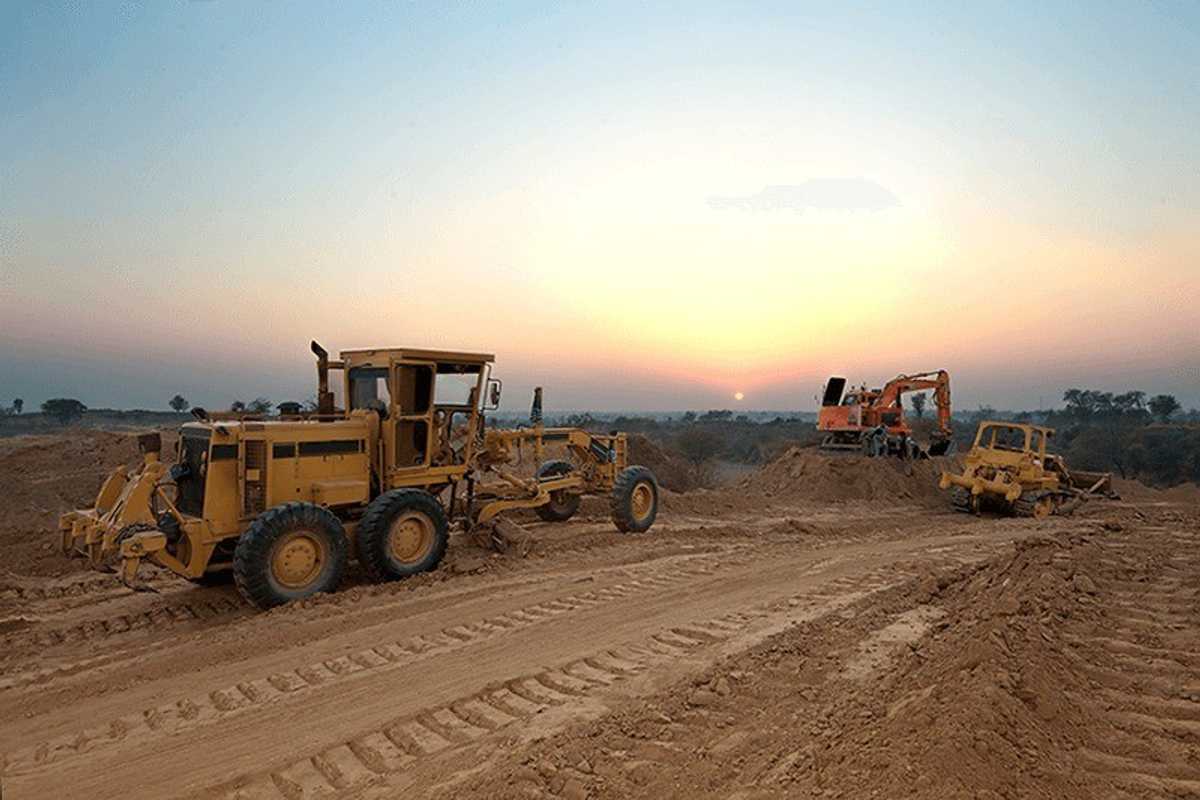Pakistan SOEs raise funding for Reko Diq project as costs rise
OGDCL, PPL, and GHPL boost Phase 1 commitments to $391 million each after feasibility update lifts total financing needs to $3.5 billion

Haris Zamir
Business Editor
Experience of almost 33 years where started the journey of financial journalism from Business Recorder in 1992. From 2006 onwards attached with Television Media worked at Sun Tv, Dawn Tv, Geo Tv and Dunya Tv. During the period also worked as a stringer for Bloomberg for seven years and Dow Jones for five years. Also wrote articles for several highly acclaimed periodicals like the Newsline, Pakistan Gulf Economist and Money Matters (The News publications)

The Reko Diq project site
Three of Pakistan’s state-owned energy companies have increased their funding commitments to the Reko Diq copper and gold project after revised feasibility estimates pushed development costs higher and delayed the project’s first production to 2029.
Oil and Gas Development Company Limited (OGDCL), Pakistan Petroleum Limited (PPL), and Government Holdings (Private) Limited (GHPL) each hold an 8.33% stake in the Reko Diq project, amounting to a combined 25% interest. Their share is held through Pakistan Minerals (Private) Limited.
The project’s operating company, Reko Diq Mining Company (Private) Limited (RDMC), is also 25% owned by the Balochistan government—15% through Balochistan Mineral Resources Limited on a fully funded basis and 10% directly on a free-carried basis.
The remaining 50% is held indirectly by Barrick Mining Corporation, which is leading the project’s development.
Following an updated feasibility study, the boards of both OGDCL and PPL approved increases in their respective pro-rata funding commitments for Phase 1 of the project. As of August 18, each company’s funding obligation, including project financing costs, rose from $627 million to $715 million, subject to adjustment for actual financing costs and inflation.
After accounting for project financing to be secured by RDMC, each company’s direct shareholder contribution now stands at $391 million, up from $349 million previously.
The increase comes after RDMC revised the project’s development cost and timeline, primarily due to more conservative estimates from the lenders’ independent technical consultant. The start of production has been pushed back six months to 2029.
In addition, overall project financing needs have been revised to $3.5 billion, up from $3 billion, due to inflation, cost contingencies, and changes in financing terms.
Despite the changes, officials maintain that the project remains economically viable.
In connection with the financing arrangements, the boards also approved key supporting agreements: the SOE Completion Agreement and the Transfer Restrictions Agreement.
The SOE Completion Agreement provides a joint and several guarantee by the three state-owned enterprises covering their 27.78% share of RDMC’s secured debt obligations. The guarantee will remain in effect until the project reaches financial completion—when it meets predefined commercial operation criteria.
The Transfer Restrictions Agreement sets minimum shareholding requirements for the project sponsors, including the SOEs, both before and after financial completion, and remains in force until the project debt is fully repaid.
These approvals are subject to regulatory and shareholder consent, the companies said.
The disclosures were made in compliance with Section 96 of the Securities Act, 2015, and Clause 5.6.1(a) of the Pakistan Stock Exchange Regulations due to their material and price-sensitive nature.







Comments
See what people are discussing